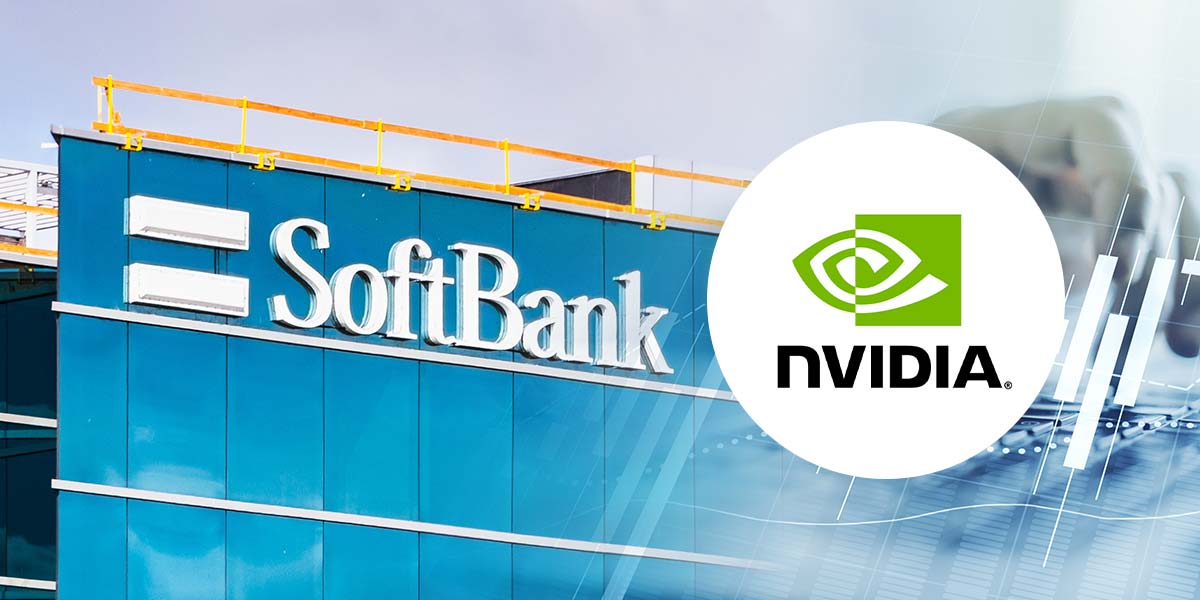AI frenzy matures as Europe tech rerates lower
Tech shares fall as SoftBank trims Nvidia. (AMS:ASML) and (ETR:IFX) slide while Bund yields hit 2.46%, compressing valuations on long-duration AI names. Capex cycle intact despite rotation.

European technology shares traded lower after SoftBank reduced exposure to Nvidia, triggering a global rotation out of richly valued AI names. Investors interpreted the move not as a company-specific signal but as recognition that the first phase of the AI capital-cycle—front-loaded investment and explosive multiple expansion—is maturing. In early trading, semiconductor and cloud-adjacent firms in Europe declined 1.3 percent on average, with Germany and the Netherlands seeing the sharpest pullbacks.
The mechanism is valuation compression fueled by rising discount rates. Nvidia’s earnings are extraordinary by historical standards, but when the cost of capital rises—as it has with Bund yields near 2.46 percent—long-duration growth assets lose relative attractiveness. With AI hardware spending expected to exceed USD 500 billion cumulatively through 2027, early allocators are beginning to crystallize gains. SoftBank’s move acts as price discovery by signaling that even strategic investors are willing to harvest returns.
European markets are uniquely sensitive to AI capital-cycles because of their semiconductor exposure. ASML (AMS:ASML), Europe’s most globally critical technology firm, remains the choke-point supplier for advanced lithography. The company’s order backlog extends beyond two years, yet the stock declined alongside the sector. STMicroelectronics (EPA:STM) and Infineon (ETR:IFX) also slipped as investors rotated toward lower beta names. The Euro STOXX Technology Index lost 1.5 percent intraday.
Macro conditions intensify the move. Rising sovereign yields tighten financial conditions, and AI beneficiaries are long-duration assets. The earnings sensitivity is mechanical: every 50 basis point increase in discount rate reduces the present value of future cash flows by 8–10 percent for AI hardware firms. This explains why even companies with strong fundamentals experience volatility during rate repricing.
Structurally, the European AI investment cycle remains intact. Semiconductor capex in Europe is growing 14 percent, supported by EU Chips Act incentives. Germany and the Netherlands are securing multi-billion euro fabrication investments. The strategic imperative is de-risking supply chains away from Asia. The question is not whether spending continues, but at what valuation.
Forward risks revolve around capital intensity. If fab utilization fails to trend above 78 percent by mid-2026, investors may question return on investment. The signal to watch is order-book conversion. If ASML bookings remain above EUR 9 billion quarterly and memory pricing stabilizes, the second phase—profit realization—begins.
Today’s wobble is not an AI reversal, but the first valuation correction in a multi-year capex expansion.





